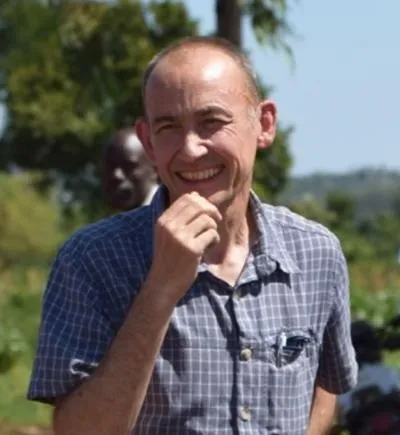Project overview
This project explored ways of managing groundwater in urban areas and how urbanisation affected groundwater use, drawing on the case study city of Kisumu in Kenya. Through a collaboration with Jaramogi Oginga Odinga University of Science and Technology, VIRED International, and University of Surrey, we mapped microbiological contamination of groundwater and associated hazards such as pit latrines in slum areas over a period of nearly 20 years. We found that hazards such as pit latrines had densified considerably and that shallow groundwaters remained highly contaminated. However, most residents realised that shallow wells posed risks to their health and avoided consuming such water, using it for other purposes instead. Through a mapping exercise, an expert team predicted that the city would continue to struggle to achieve universal water and sanitation access at least until 2030.
Staff
Lead researchers
Research outputs
Heather Price, Lorna Okotto, Joseph Okotto-Okotto, Steve Pedley & James Wright,
2018, Water International, 43(5), 1-12
Type: article
D.J. Lapworth, D.C. Nkhuwa, J. Okotto-Okotto, S. Pedley, M.E. Stuart, M.N. Tijani & J. Wright,
2017, Hydrogeology Journal, 1-24
Type: article
J. Okotto-Okotto, L. Okotto, Heather Price, S. Pedley & J.A. Wright,
2015, International Journal of Environmental Research and Public Health, 12, 4275-4291
Type: article
L. Okotto, J. Okotto-Okotto, Heather Price, S. Pedley & Jim Wright,
2015, Applied Geography, 58, 189-197
Type: article
